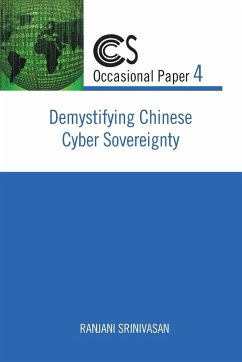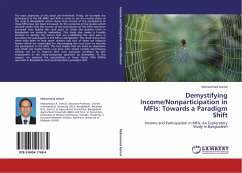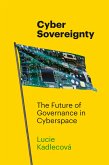Over the last few years, the Chinese Communist Party (CCP) has taken a number of steps to promote the concept of cyber-sovereignty. The World Internet Conference (WIC), now in its fourth year, has been used by the CCP as a key platform for advocating cyber-sovereignty. The WIC has also seen the signing of several important agreements and aims to be recognised as the 'Internet Davos'. More recently, the CCP has revamped the Cyber-security Law (as on 1st July 2017) and has brought domestic companies (Tencent, Baidu and Sina) under investigation for cyber-security violations. In the backdrop of these developments, this occasional paper seeks to decode the Chinese vision for cyber-sovereignty.
Hinweis: Dieser Artikel kann nur an eine deutsche Lieferadresse ausgeliefert werden.
Hinweis: Dieser Artikel kann nur an eine deutsche Lieferadresse ausgeliefert werden.








